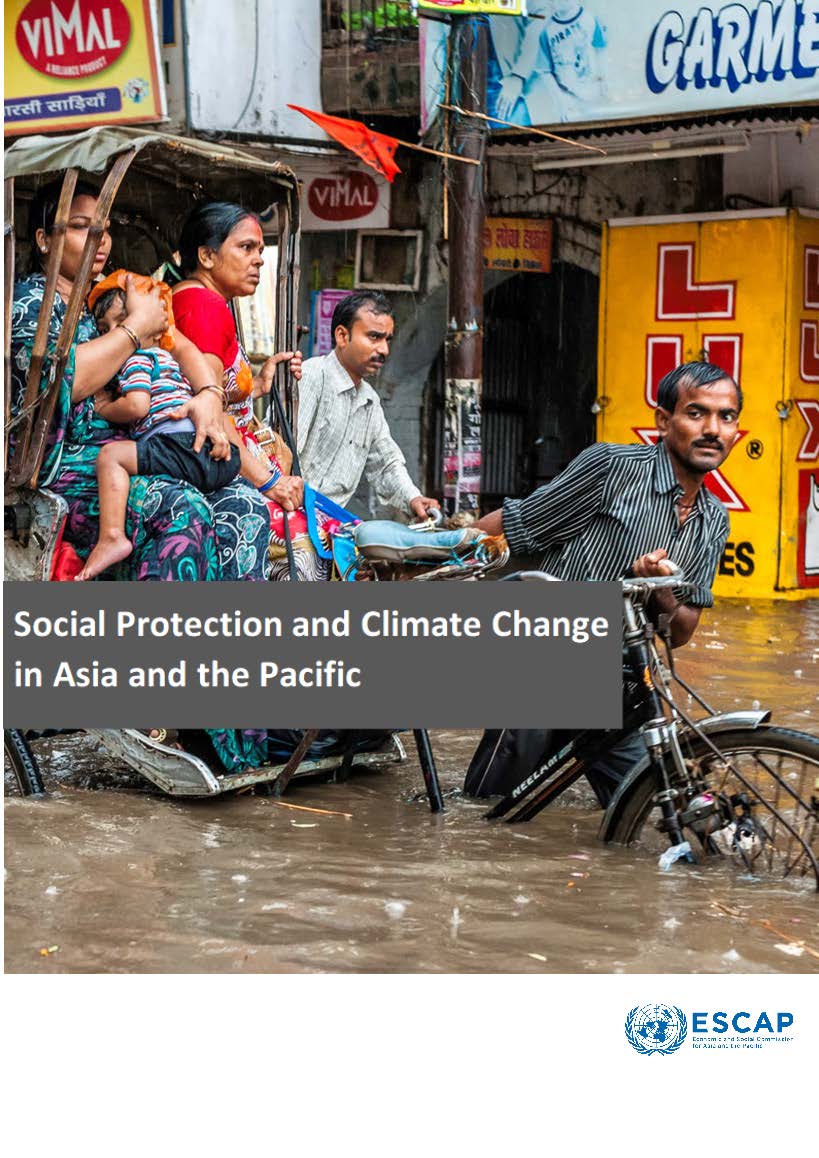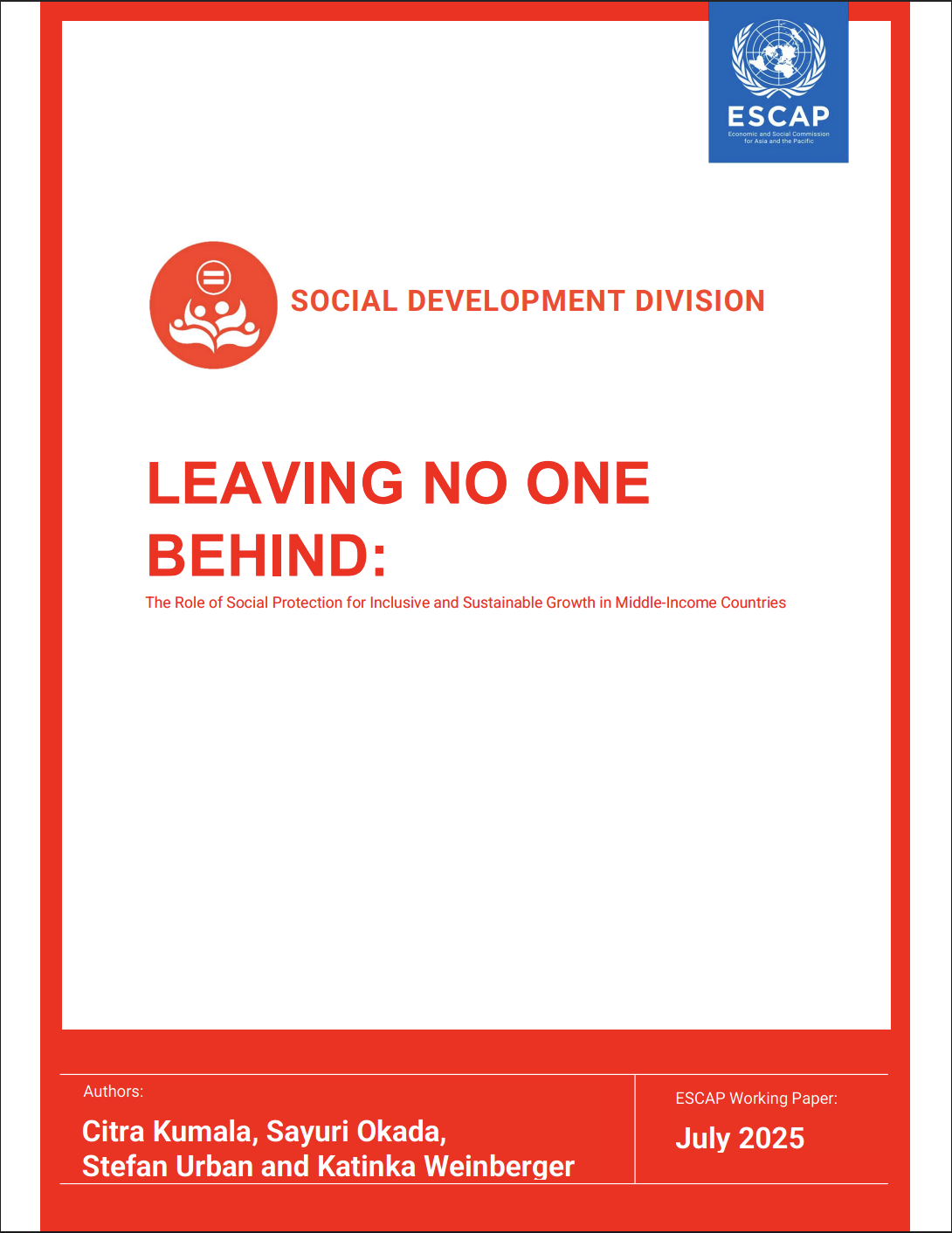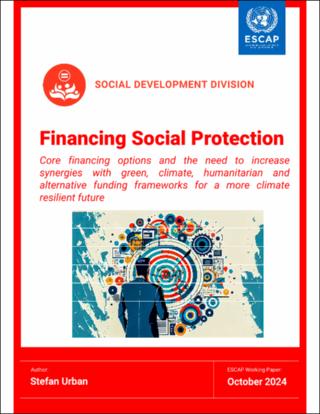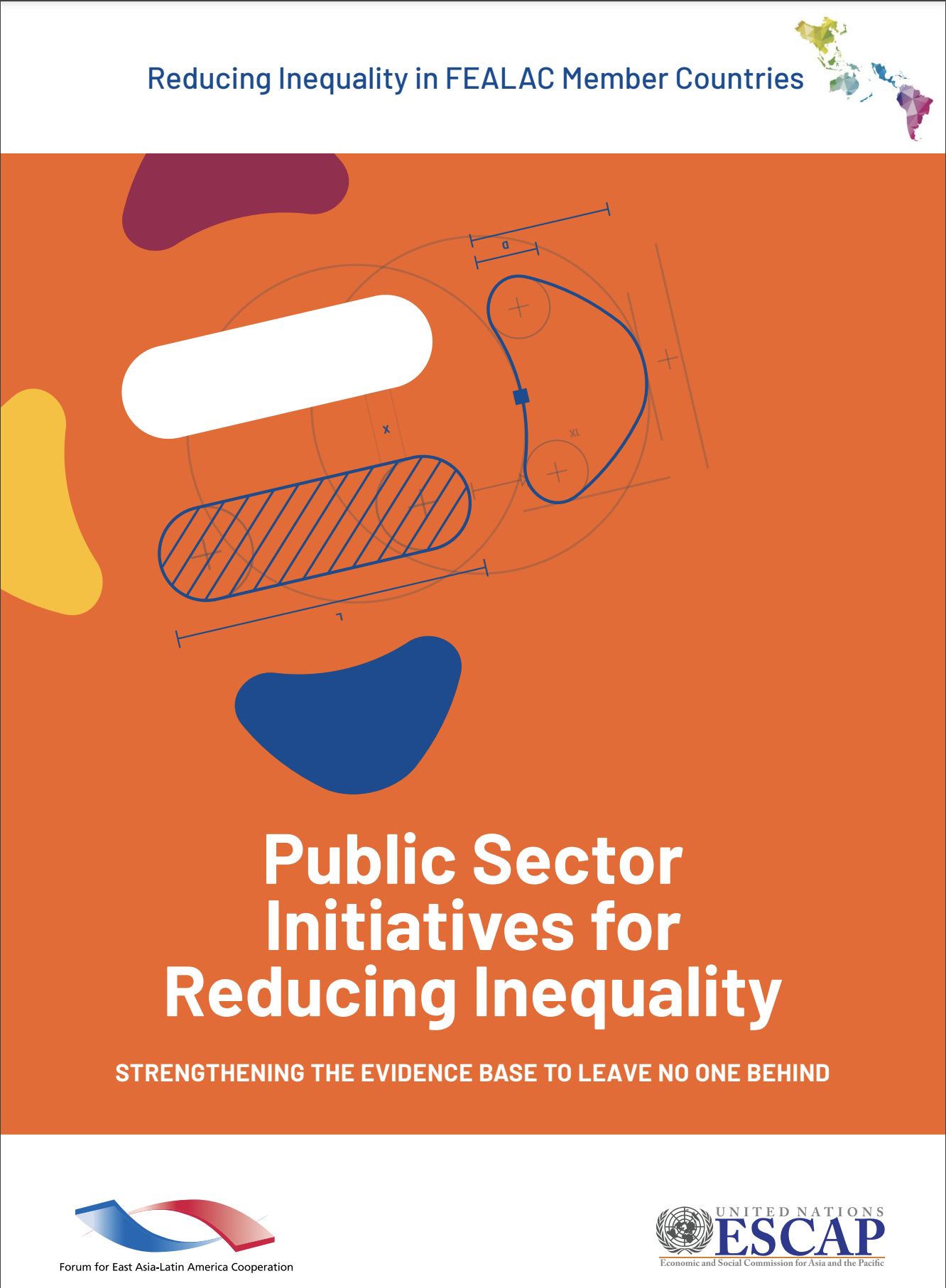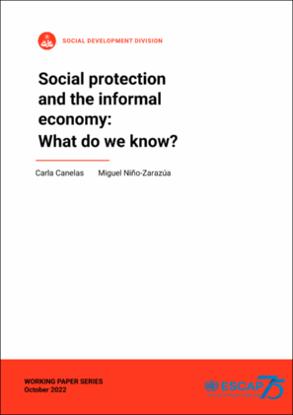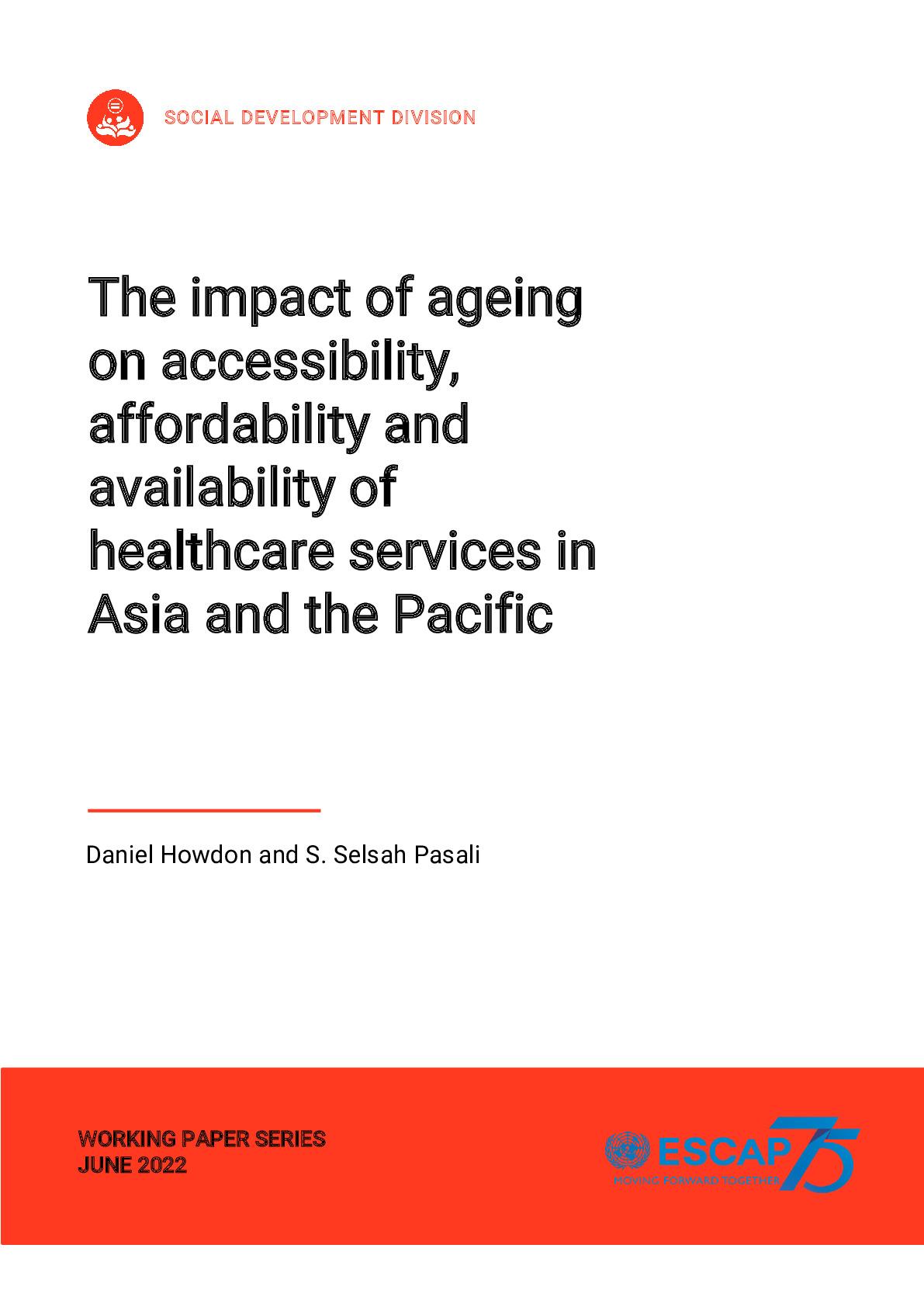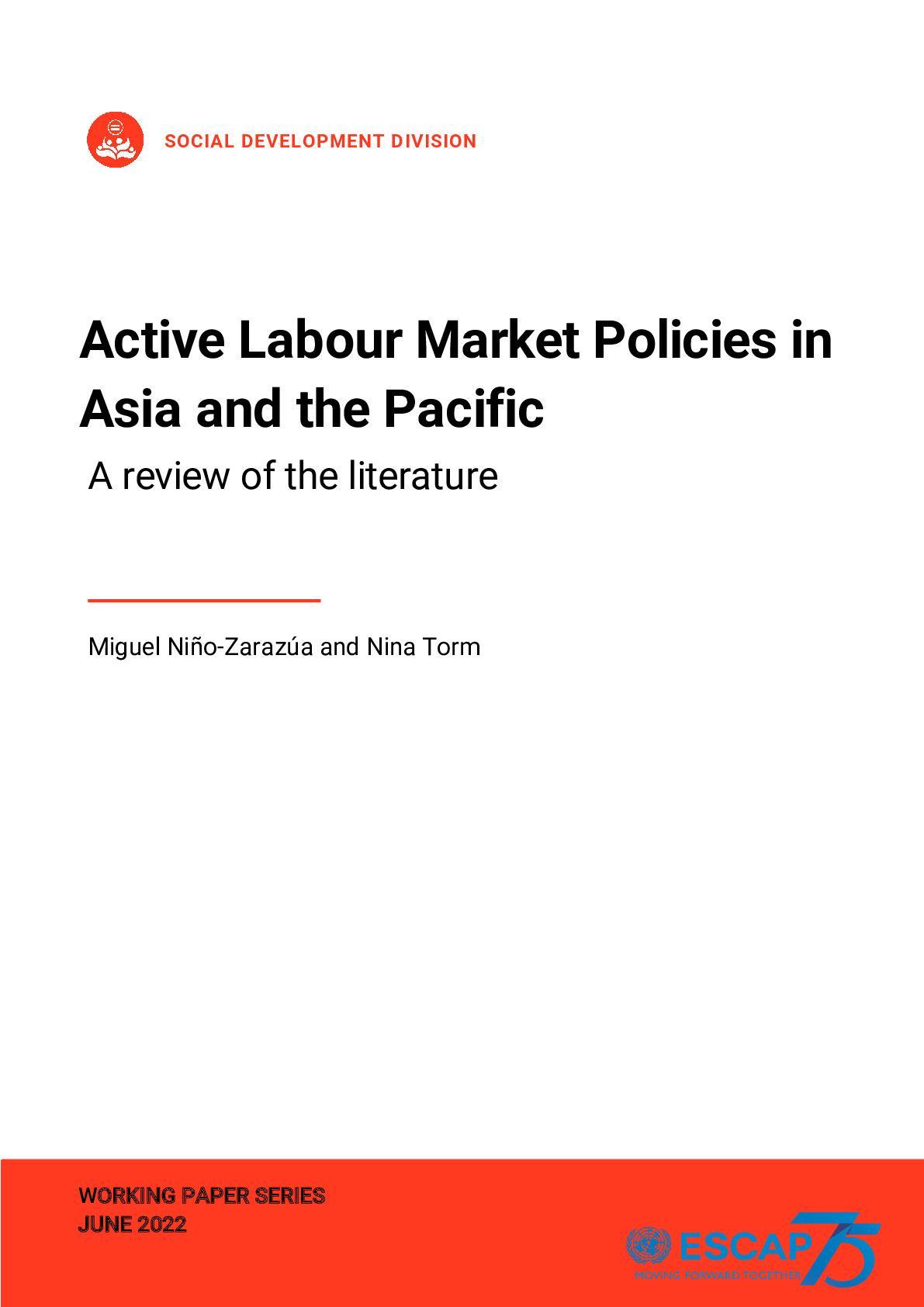Social protection and climate change in Asia and the Pacific
Acknowlegements
Executive Summary
Climate change in Asia and the Pacific
International Frameworks linking Climate Change and Social Protection
How social protection supports the climate change agenda
Making social protection systems financially sustainable and creating synergies between Paris aligned investments and social protection funding and policy frameworks
Recommendations and moving forward
Social protection plays an important role in supporting climate change adaptation and mitigation efforts, particularly in the Asia Pacific region where many remain without adequate coverage. Sustainably expanding social protection is essential, with a focus on vulnerable groups, including informal workers, migrants, people with disabilities, and marginalized communities. To be effective, social protection systems must be rights-based, comprehensive, provide adequate benefits and uphold principles like universality and solidarity. Benefits will also have to take into account the heightened risks from climate change. Governments should explore synergies with disaster risk finance and Paris aligned investments like green bonds and climate funds. Climate-sensitive design, fiscal repurposing, and inclusion in national climate strategies are vital steps in crafting comprehensive, equitable social protection systems that address climate vulnerabilities and promote sustainable development. Gender-specific challenges must also be addressed to ensure effective climate adaptation and mitigation.
